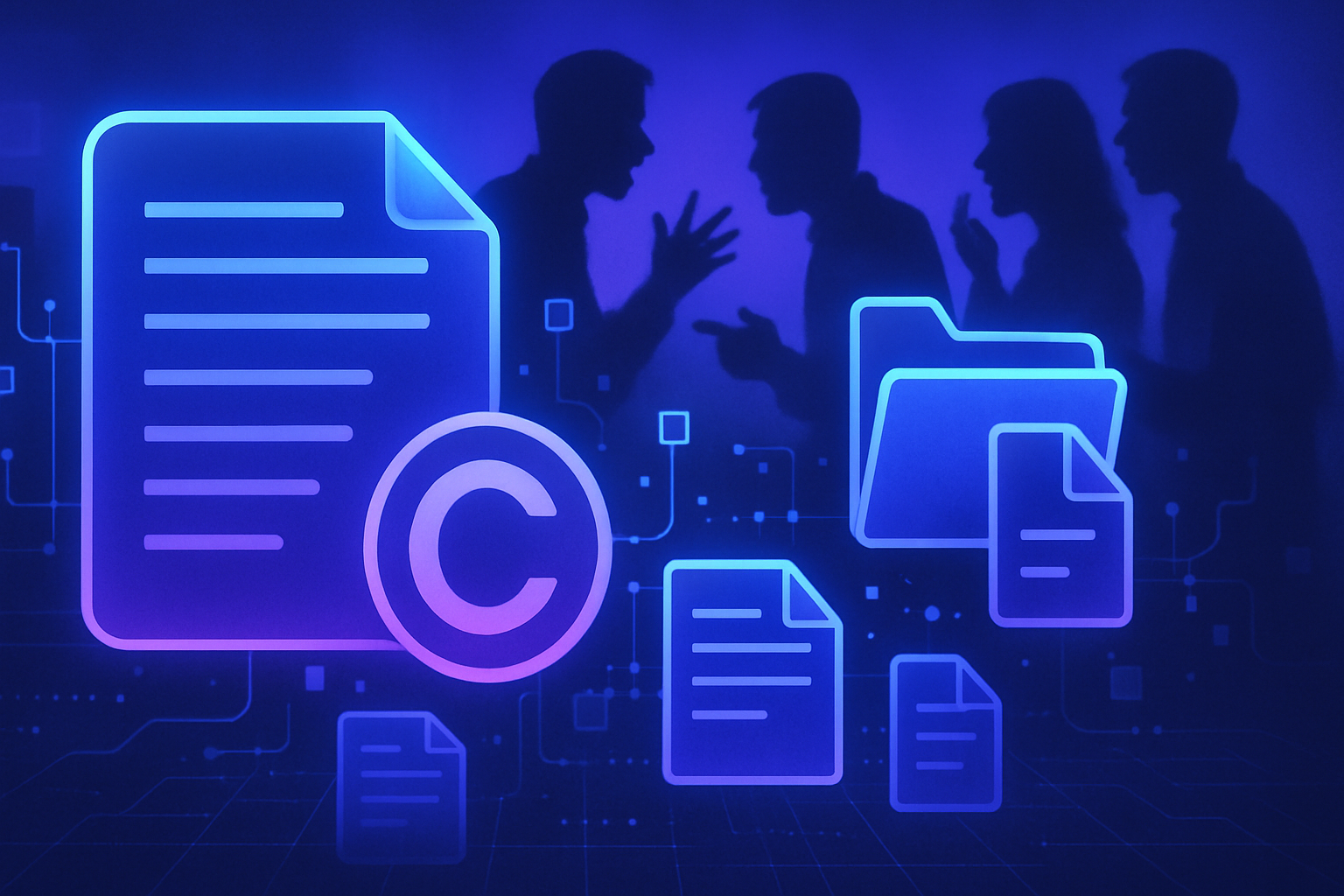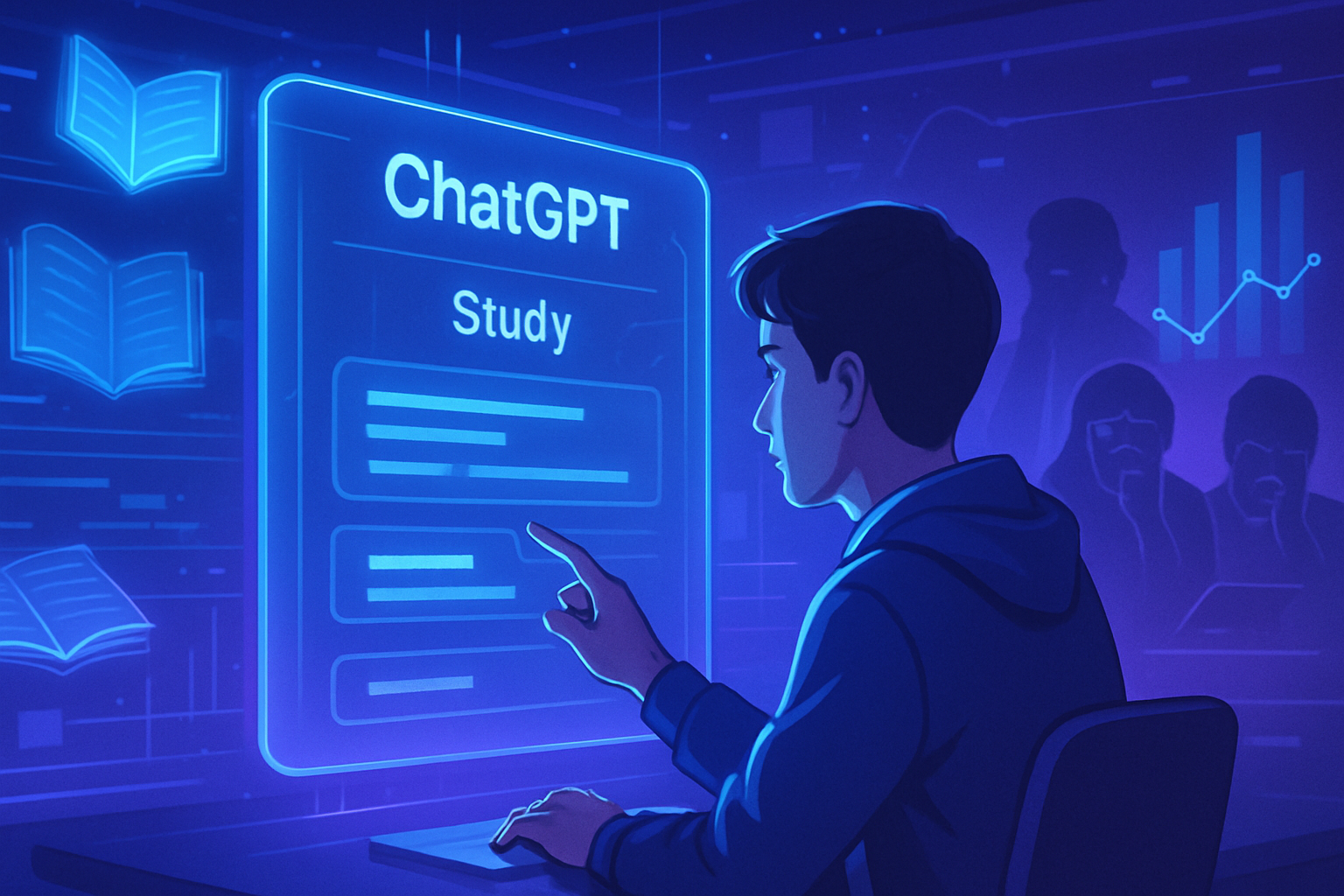The rise of artificial intelligence (AI) is profoundly transforming the field of healthcare, raising unprecedented challenges. Algorithms, at the heart of this technological revolution, dictate clinical decisions and risk analysis. Their influence demands careful attention, both to ensure *fair practice* and to eliminate any form of bias.
The regulation of AI in healthcare thus proves essential to frame this dynamic. A rigorous framework should stipulate standards ensuring the *safety* and effectiveness of the tools used by healthcare professionals. Implementing appropriate legislation is crucial to subject algorithmic tools to unavoidable *transparency* standards.
Regulation of AI in Healthcare
The growing power of artificial intelligence in the healthcare sector is accompanied by increasing concerns regarding the regulation needed to frame its use. A recent analysis conducted by researchers from MIT, Equality AI, and Boston University highlights the need for oversight by regulatory bodies. The necessity to ensure patient safety and equity in care emerges as a major priority.
Objective and Scope of the New Rules
The new provisions adopted by the U.S. Office for Civil Rights directly address the use of decision-support tools in care. This legislation prohibits any discrimination against patients based on their race, sex, age, or disability in the use of assistive tools. These tools encompass both automated solutions and simple algorithms already in use in medical practice.
The Risks Associated with AI Tools
Most American doctors regularly use these tools to assess clinical risks, and nearly 65% use them monthly. No regulatory body is responsible for overseeing clinical risk scores, thus jeopardizing the quality of medical decisions related to AI. This situation raises concerns, both ethically and regarding safety.
The Importance of Data
The validity of clinical risk scores relies on the quality of the data used during their design. These scores, while less complex than AI algorithms, must adhere to the same evaluation standards regarding transparency and fairness. Researchers emphasize the need to examine data sets to identify and correct potential biases that could lead to inadvertent discrimination.
Towards Appropriate Regulation
The Jameel Institute plans to hold a conference dedicated to the regulation of AI tools in March 2025. This discussion framework aims to bring together experts, regulators, and healthcare professionals to establish practices suited to the contemporary realities of the sector. Regulating these devices is deemed necessary to secure access to equitable and effective care.
The Challenges of Regulation
Regulating decision-support tools in medicine faces various obstacles. The omnipresence of these tools in electronic medical records complicates the implementation of uniform standards. The principle of equity in care also encounters political challenges, especially during periods of opposition to previously established regulations, making future legislation perilous.
Conclusion on the Future of Regulation
Establishing appropriate regulation is necessary to ensure ethical and safe use of AI in healthcare. The upcoming actions of regulatory bodies will be crucial to balance technological innovation with the demands of safety and equity. The response of policymakers to these challenges will determine the future of artificial intelligence tools in medicine.
Frequently Asked Questions About AI Regulation in Healthcare: The Importance of Algorithms According to Researchers
What are the main challenges related to AI regulation in healthcare?
The main challenges include protecting patients, preventing discrimination based on algorithmic biases, and improving care efficiency while ensuring transparency and accountability of the AI systems used in diagnosis and treatment.
How are AI algorithms currently used in healthcare?
AI algorithms are used in various areas such as medical diagnosis, screening, predicting clinical outcomes, and clinical decision support, thus contributing to more personalized and informed care.
What risks are associated with using AI algorithms in healthcare?
The risks include the potential for biases in clinical decisions, lack of transparency of AI models, and excessive dependence, which could harm the quality of care and patient safety.
Why is it important to apply strict regulations on AI algorithms?
Such regulations are essential to ensure patient safety and to guarantee that algorithms are used ethically, equitably, and transparently, while minimizing discrimination and promoting equity in healthcare.
What role do researchers play in the development of AI regulation in healthcare?
Researchers contribute by advocating for the challenges and opportunities related to AI, producing data, and providing evidence-based recommendations to guide regulations to protect patients and optimize the use of these technologies.
How can algorithmic biases be mitigated in AI systems in healthcare?
A systematic approach including data diversity, rigorous model testing, and transparency in variable selection can help mitigate algorithmic biases, thereby ensuring fairer and more precise clinical decisions.
What are the future implications of AI regulation on medical technologies?
Future implications may include responsible technological innovations, increased adoption of AI in care, and more resilient healthcare systems that respect both patient safety and ethics supported by appropriate laws.






